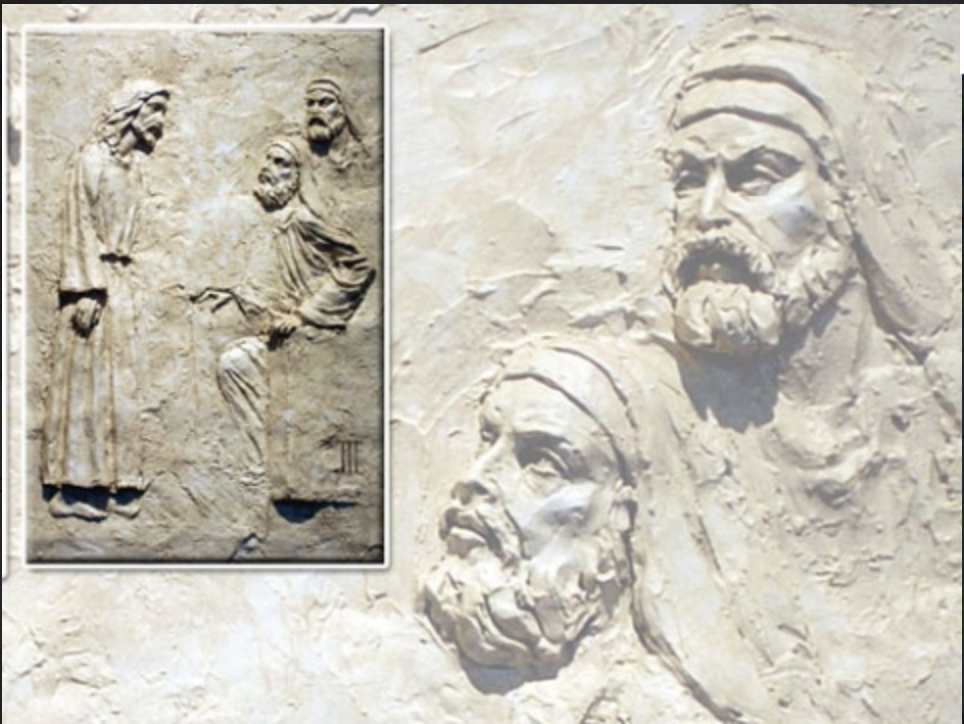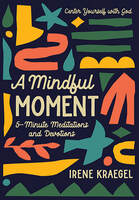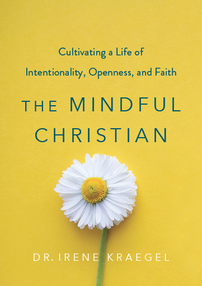"When day came the council of elders of the people met, both chief priests and scribes, and they brought him before their Sanhedrin. They said, 'If you are the Messiah, tell us,' but he replied to them, 'If I tell you, you will not believe, and if I question, you will not respond. But from this time on the Son of Man will be seated at the right hand of the power of God.' They all asked, 'Are you then the Son of God?' He replied to them, 'You say that I am.' Then they said, 'What further need have we for testimony? We have heard it from his own mouth.'" (This post is part of a Lenten series on praying the Stations of the Cross - a devotional practice that is said to have started with Mary after the death and resurrection of Jesus. To start at the beginning, see the overview provided on March 5, 2023, and then go from there!) Reflection The seat of power has a hardness and a glare toward what is different. And God’s message is different. Power as practiced by humans is unlikely to look at the way of Christ with softness. Jesus catches the full glare of the religious establishment in this moment. It is folly on their part, thinking they can override God’s power. How like us all (especially among the religiously powerful?), the folly of trying to control rather than follow Jesus. Jesus somehow looks both vulnerable and dignified in the artistic portrayal at this station. He knows he is God, and the dignity of who he is shines forth, even when the powerful are trying to demean him. He doesn’t drop his gaze, nor does he respond in kind with aggression. Their bullying does not in any way diminish the power of who he is, because his identity is still firmly rooted in his Father - that connection he cemented through prayer back in the Garden. He has what he needs, and it is not human approval or physical safety. But the vulnerability of his humanity is also evident, and I find myself pulled to look at him with compassion as he is rejected and attacked. He is standing in our place here as “Son of Man,” suggesting that God is pulled to look at us with compassion in our vulnerability as well. God understands our position. A note about mindfulness We sometimes think we've lost our power when we feel vulnerable. Mindfulness practices help us connect with feelings of vulnerability and strength at the same time, breaking down false dichotomies so that we can acknowledge the complex intermingling of emotions & realities. Practices of mindful self-compassion (such as lovingkindness practice) can be especially helpful tools for relating to ourselves wisely in moments of vulnerability. Just as God looks on us with compassion when we are vulnerable, so can we learn to look on ourselves (and on others) with compassion in those moments. It is okay to struggle and to suffer - it doesn't mean we're doing something wrong. "The Lord is close to the brokenhearted, saves those whose spirit is crushed." (Psalm 34:19) (For access to mindful lovingkindness and blessing practices for strengthening self-compassion as you pray the Stations of the Cross, check out the Guides for Practice available here.)
1 Comment
Elizabeth Sadhu Farwell
3/19/2023 01:21:27 pm
I've been doing a loving kindness practice for myself and the world every morning for the past year. It feels lovely.
Reply
Leave a Reply. |
Author
I am Irene Kraegel. I am licensed as a clinical psychologist and teach mindfulness on a faith-based university campus. I practice mindfulness because it opens me up to God (a.k.a. brings joy). I am writing here in hopes of sharing some of my experiences and thoughts related to the practice of mindfulness in the life of a Christian. Thanks for reading! Books
Blog archives
December 2023
|



